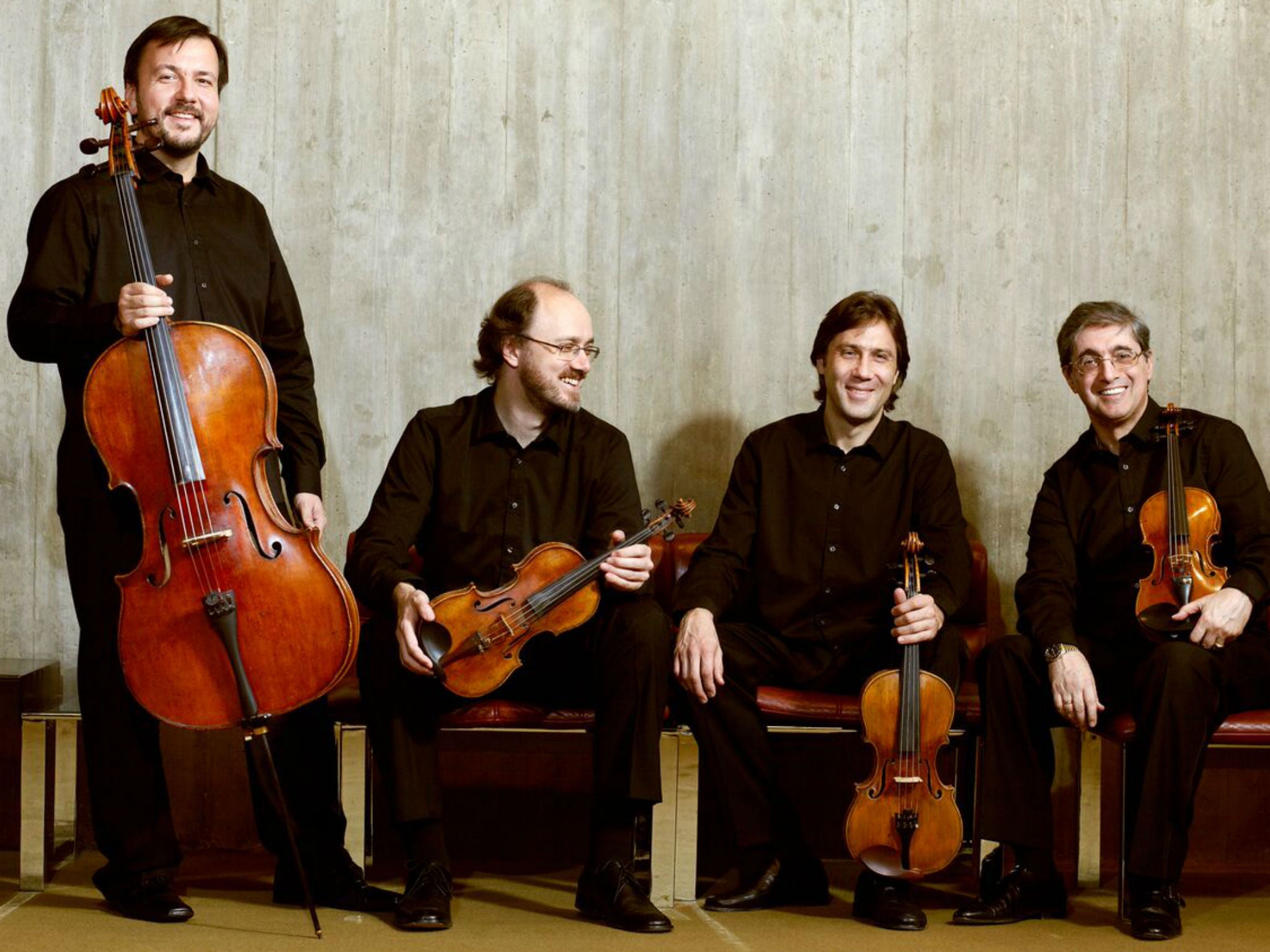Borodin Quartet, Wigmore Hall, concert review: 'Passionately compelling'
The Borodin Quartet prove their unwavering high standards with a performance of Shostakovich

The life of a string quartet can be long: formed by four students from the Moscow Conservatory in 1945, the Borodin Quartet has maintained stratospherically high standards for seventy unbroken years. The personnel has changed several times, but the solidity of the group’s foundations were made crystal clear this week.
Two Shostakovich quartets – the seventh and the eleventh – allowed them to display their almost preternatural ability to synchronise as though they were one single instrument. Both works inhabit a subfusc sound-world in which solos and duets are underpinned by drones; both seem to emerge from a mist, and to disappear back into it when their tale is told. The way the Borodins told those tales was passionately compelling.
Yet the Beethoven quartet (Opus 127) with which they ended this concert was a disappointment: the tempi were plodding, and the contrasts which should have been sharply defined – often between fanciful delicacy and massive force – were dulled. The players sounded jaded: perhaps they should give Beethoven a rest. Clarinettist Michael Collins joined them in a second concert for a coruscating account of Mozart’s Clarinet Quintet; their performance of Rotislav Dubinsky’s arrangement of Tchaikovsky’s Album for Children was bewitching.
Join our commenting forum
Join thought-provoking conversations, follow other Independent readers and see their replies
Comments
Bookmark popover
Removed from bookmarks